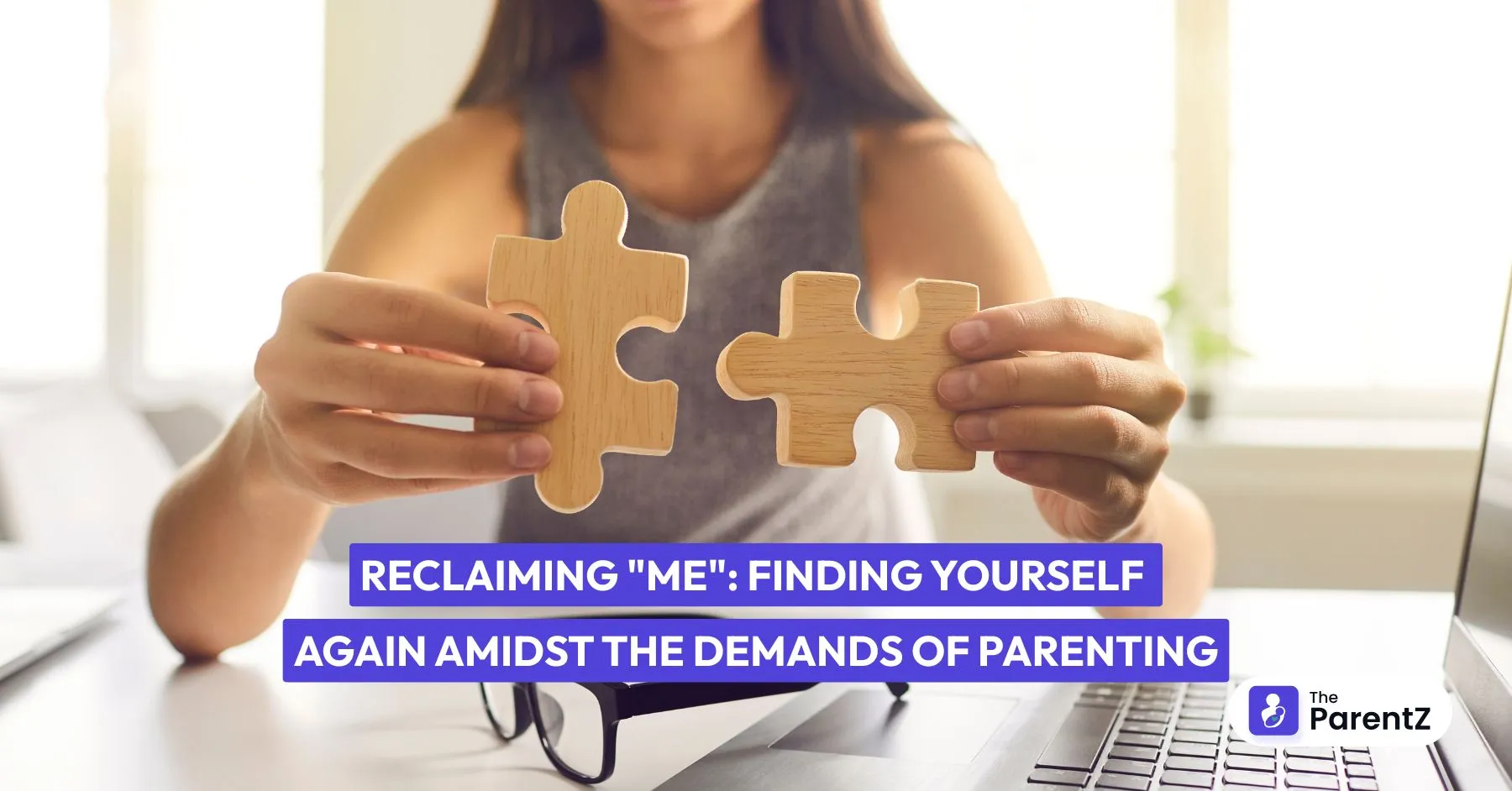Introduction
You used to have favorite songs, a personal style, maybe a morning routine. There were hobbies you loved, books you read, and dreams you chased. But somewhere between the night feeds, school runs, and laundry piles, those things slipped out of reach.
This is the quiet erosion that parenting can bring—not out of neglect, but sheer necessity. You pour so much into your child that you forget to save some for yourself. And over time, the question begins to echo: Where did I go?
The Disappearing Act of Early Parenthood
Parenting, especially in its early stages, requires total immersion. It’s easy to lose track of your former self because there’s no time to reflect—just a constant demand to give. You become known not by your name, but as “so-and-so’s mom” or “his dad.”
This shift isn’t bad in itself. It’s part of the identity transformation that comes with parenting. But problems arise when your entire identity gets consumed by the role. Because even though you love your children, you're still a person—outside of them.
Why “Me Time” Feels Impossible (and Sometimes Guilt-Inducing)
You’ve probably heard it a dozen times: “You need to take care of yourself, too.” But when? Between work, caretaking, school duties, emotional labor, and maybe even a second job? Carving out time for yourself can feel unrealistic—or selfish.
The guilt creeps in fast: “Shouldn’t I be playing with them instead?” “Am I a bad parent for wanting a break?” But let’s pause here. Wanting time to yourself isn’t selfish. It’s self-sustaining. You can’t pour from an empty cup, and yet so many parents try until they’re completely dry.
Identity Isn’t Lost—It’s Dormant
Here’s something important: your identity isn’t gone. It’s just buried under piles of responsibilities, routines, and expectations. Like a song you haven’t played in a while, it’s still in you—you just need to rediscover the rhythm.
Sometimes, reclaiming “me” doesn’t require a major change. It starts with a subtle shift—one question: What do I miss about myself?
Do you miss writing? Dancing? Laughing with friends without looking at the clock? Even noticing what you miss is a powerful first step back to yourself.
Small Acts of Self-Return
You don’t need a retreat or a weekend away to begin the journey back to you. What you need is permission—your own permission—to take up space again.
Here are a few ways to start:
- Reconnect with past joys. Revisit a favorite song, an old book, or a craft you once loved. Let nostalgia be a guide.
- Redefine “me time.” Maybe it’s five minutes on the balcony with tea. Maybe it’s a solo grocery trip with your favorite playlist. It doesn’t need to be grand—it just needs to be yours.
- Set a boundary (just one). Say no to something that drains you, and use that time for something that restores you—even if it’s a nap.
- Talk about it. Say out loud, “I miss myself.” You might be surprised how many parents nod in recognition.
The Role Model Your Child Really Needs
Children don’t just learn from what you say—they learn from how you live. When they see you setting boundaries, nurturing your passions, or taking time to breathe, they’re learning something powerful: it’s okay to honor your own needs.
You’re not just a caregiver—you’re a whole person. And your wholeness teaches them that being human isn’t about constant sacrifice. It’s about balance, joy, rest, and growth.
Rebuilding Yourself Without Guilt
Guilt may still try to follow you as you take steps toward yourself. That’s okay. Guilt doesn’t always mean you’re doing something wrong—it often means you’re doing something unfamiliar.
Be gentle with yourself. This isn't about escaping parenthood. It's about remembering that parenting is one part of who you are—not the whole story.
You’re allowed to enjoy moments that are just yours. You’re allowed to laugh, rest, dance, and daydream. And none of it takes away from the love you give your children.
Conclusion
Reclaiming "me" doesn’t happen overnight. It unfolds slowly, in small acts of remembering. It’s a quiet revolution that says: I matter too. It’s not about returning to the person you were before parenting—but meeting the version of yourself that’s been waiting to reemerge, stronger and wiser.
Because parenting is not the end of your story. It’s just a new chapter—and you’re still the author.






Be the first one to comment on this story.